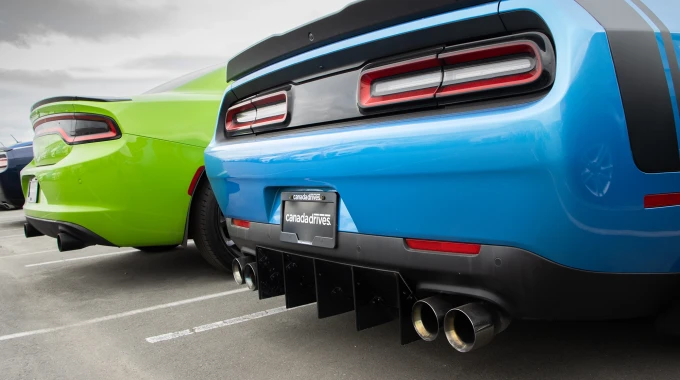
What Does Deductible Insurance Mean for Car Owners?
If you’ve purchased car insurance before, you’ve likely seen the term “deductible” in the description of your policy. But what exactly is a deductible, and how does it affect your coverage?
In simple terms, the deductible is the amount of money you will be responsible for paying before your policy’s coverage kicks in when you make a claim on your car insurance. For example, if your car is damaged in a crash to the tune of $5,000, and your deductible is $1,000, you’ll pay a thousand bucks toward the cost of the repair first, and your insurer will cover the remaining $4,000.
In most cases, your deductible amount will not be set in stone. You’ll get to choose from a range of deductible amounts, and the figure you settle on will affect both your insurance premiums and your level of coverage. Both higher and lower deductible amounts come with advantages and disadvantages, but either option can help you save money if you choose wisely.
Do you have to pay the deductible for every insurance claim?
The answer to this question depends on where in Canada you live and what kind of claim you’re making.
According to LowestRates.ca, you probably won’t have to pay the deductible to repair damage caused by a collision in which you were not at fault. However, if you’re making a claim under the comprehensive portion of your policy, which covers things like theft, vandalism and fire, then you will likely be on the hook for the deductible amount.
Here’s a look at the average car insurance cost for Canadians per province.
What are the advantages and disadvantages of choosing a higher deductible?
The main benefit of a high car insurance deductible is that you’ll enjoy lower premiums, whether you pay them monthly, biannually, or annually.
It may be beneficial to choose a higher deductible amount if you consider yourself a safe and cautious driver who’s at low risk of being involved in an at-fault collision. It could also help you save money if you don’t drive very much, which can also reduce the likelihood of you filing an at-fault collision claim.
In terms of theft and vandalism claims, if you always store your car in the garage at home and are careful about parking in safe locations when you’re out and about, then you may want to consider a higher deductible for those types of claims as well.
The main disadvantage of a higher deductible is that you’ll be responsible for a larger share of the cost to repair or replace your vehicle if it is stolen or vandalized or if you’re involved in an at-fault collision. However, if you’re in a comfortable financial position and can afford a large out-of-pocket expense if you make an insurance claim, then the higher deductible can help you save money in the long run.
What are the advantages and disadvantages of a lower deductible?
By opting for a low deductible amount, you shift more of the financial responsibility to fix or repair your car onto the insurance company. If you’re on the road a lot, park your car outside at home, or regularly visit areas known for vehicle thefts or vandalism, a lower deductible can reduce your financial risk if you have to file a claim.
However, if you choose a lower deductible, your insurance premiums will be higher, meaning you’ll pay more for your coverage up front in exchange for letting the insurer cover more of the cost of repairing or replacing your car. This may be the better option if you’re on a tight budget and prefer to pay a higher fixed amount for your premiums, rather than risking a large, unpredictable expense if you have to make a claim.
What are some other factors to consider when choosing a deductible?
If you already have a number of claims on your insurance record (such as at-fault collisions, speeding tickets or other moving violations) and you already pay a higher premium because of them, further increasing your premiums with a lower deductible may not make sense.
The vehicle you drive can also influence your decision. A newer model that’s still worth a lot of money may command higher premiums, so a higher deductible can make your insurance more affordable.
If you drive an older car that already costs relatively little to insure, there are arguments in favour of both higher and lower deductibles. A higher deductible will reduce your premiums even further and may be a good option if you feel the car is not worth repairing or replacing if damaged. Conversely, if your older car is in good shape and you would prefer to fix or replace it, choose a lower deductible if you can afford the higher premiums.
Are there any other deductible options (like “disappearing deductible”) available from car insurance providers?
According to Rates.ca, some insurers offer what is known as a “disappearing deductible,” which rewards safe drivers with a deductible that goes down every year and, if you’re especially careful, could disappear altogether. Keep in mind you may have to pay a fee for this option.
Some insurance providers also let you contribute regularly to a fund that will help cover your deductible, and they may even pay into it as well.
Choosing the right deductible amount can make a big difference in your everyday car insurance costs, so be sure to weigh all your options when shopping for your next policy.







